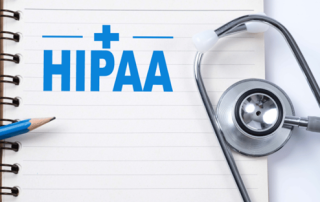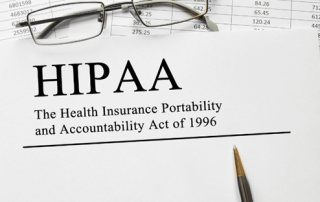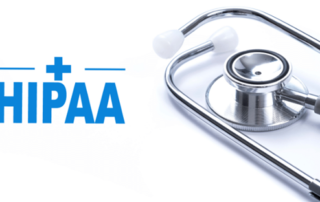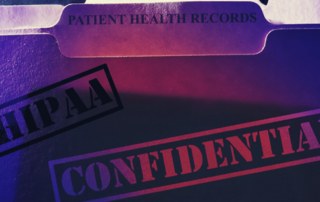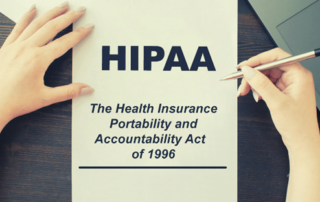What’s the difference between HIPAA and HITRUST certification?
In healthcare transactional print and mail, the processes to produce them must align with compliance regulations. While most organizations have HIPAA certification, not all also have HITRUST. So, what are the differences between HIPAA and HITRUST certification? In this episode of Ask the Experts, Information Security and Compliance Officer Dwight Springthorpe provided [...]



